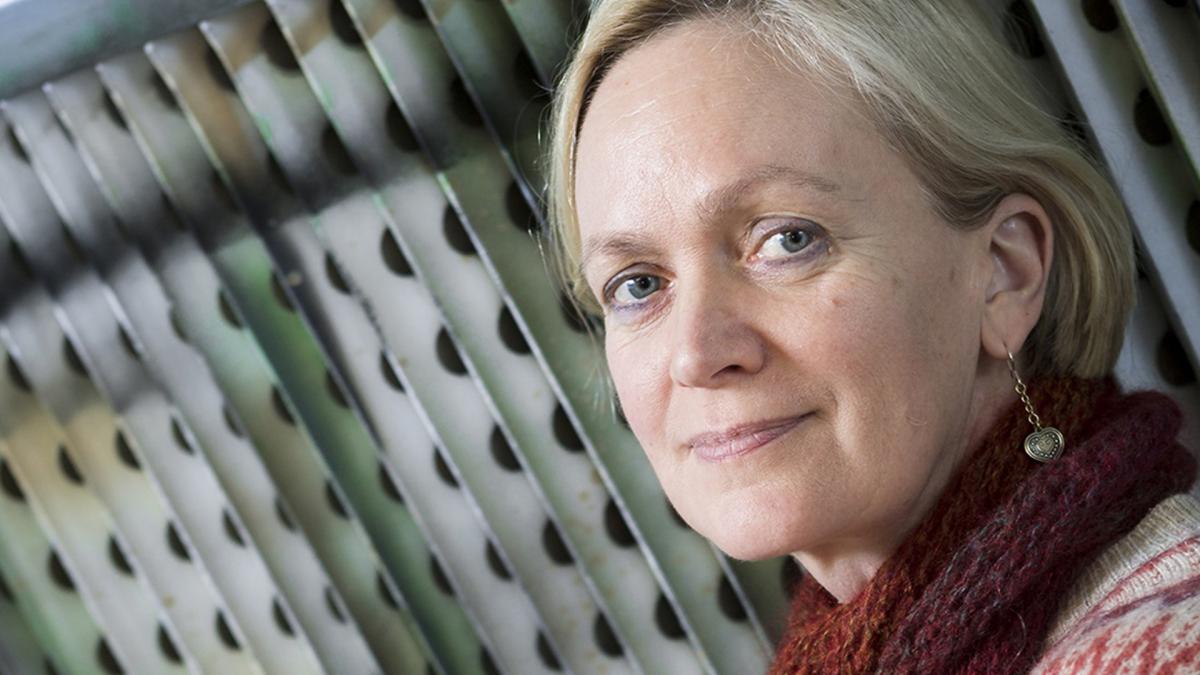Discussion on research motivates us to gain increasingly better results, Vice Rector for Research writes
Jaana Erkkilä-Hill, our vice rector for research, responds to the criticism shared in a column published in the Tieteessä tapahtuu journal.

The state of Uniarts Helsinki’s research activities elicits strong criticism from time to time from our colleagues working at other universities. So clearly Uniarts Helsinki’s research stimulates discussions, which I find a very good thing: it forces both the individual and the institution to reflect on their actions.
In an opinion published by the journal Tieteessä tapahtuu, Docent Taina Saarikivi brings up some of the development targets presented in Uniarts Helsinki’s research assessment. It is wonderful that people are interested in the international research assessment and that they read the report.
Taina Saarikivi draws particular attention to artistic research carried out at Uniarts Helsinki, alongside of which Uniarts Helsinki also carries out established, internationally recognised scientific research. The conducting of Uniarts Helsinki’s research assessment was a leap towards the long-term development of research, which Saarikivi called for. Research by European arts universities is young also internationally speaking, and when compared to the long history of traditional science universities, there is a lot of catching up to do. Uniarts Helsinki has engaged in close cooperation with leading European arts universities to develop its research, and the research assessment has raised interest among our international partners, because a similar review has not been carried out elsewhere.
The assessment aimed at development, and the goal was to gain an honest and unembellished view on the state of our research. The panel’s observations are based on the matters that our researchers brought up in connection with their self-assessments. Taina Saarikivi highlights the small number of our publications in the critique. When planning the research assessment, we tried to create a model that would consider also the diverse publication platforms used in artistic research as well as the research results that are presented in some other format than through traditional academic writing. This is the direction that we are headed to also when it comes to the European responsible assessment of research and the responsible researcher evaluation. All Finnish universities have signed the CoARA agreement.
Uniarts Helsinki is battling with the long graduation times in doctoral education, just like faculties of arts, for example. Universities can offer salaried employment relationships only to few doctoral students, and many doctoral candidates need to work alongside their doctoral research. Long graduation times are a concern of the Ministry of Education and Culture, as well, and the topic has been discussed in the Unifi meetings with vice rectors for research. Universities, Uniarts Helsinki included, reflect on renewing the doctoral education and shortening the graduation times radically. Uniarts Helsinki’s special challenge concerns artistic doctoral degrees, where students do double the work compared to the degrees of other universities.
Docent Saarikivi brings up how our professor staff differs from that of other universities. Uniarts Helsinki’s teaching is based on artistic activities and research. Some of our professors are recruited based on artistic merits, some both on artistic and research merits, and the rest purely based on academic merits. Uniarts Helsinki does not require researcher education from a professor recruited based on artistic merits, just like science universities do not expect an arts researcher to be both a professional artist and a researcher by their education.
It is valuable that merited researchers like Docent Saarikivi would like to work at Uniarts Helsinki. It shows that Uniarts Helsinki is an interesting research environment. We are currently looking into Saarikivi’s claims concerning the recruitment process for appointing a professor of sound design. A discussion on the operational culture helps all parties view matters from various angles. Uniarts Helsinki has a genuine intent to develop research, but as we all know, research is a slow grind, and Uniarts Helsinki is only turning ten years old this year.
Art and research need diverse operators and experts with various backgrounds and skills who all want to contribute to the arts and what makes a good life. So let’s foster cooperation!
Jaana Erkkilä-Hill
Vice Rector for Research
Uniarts Helsinki